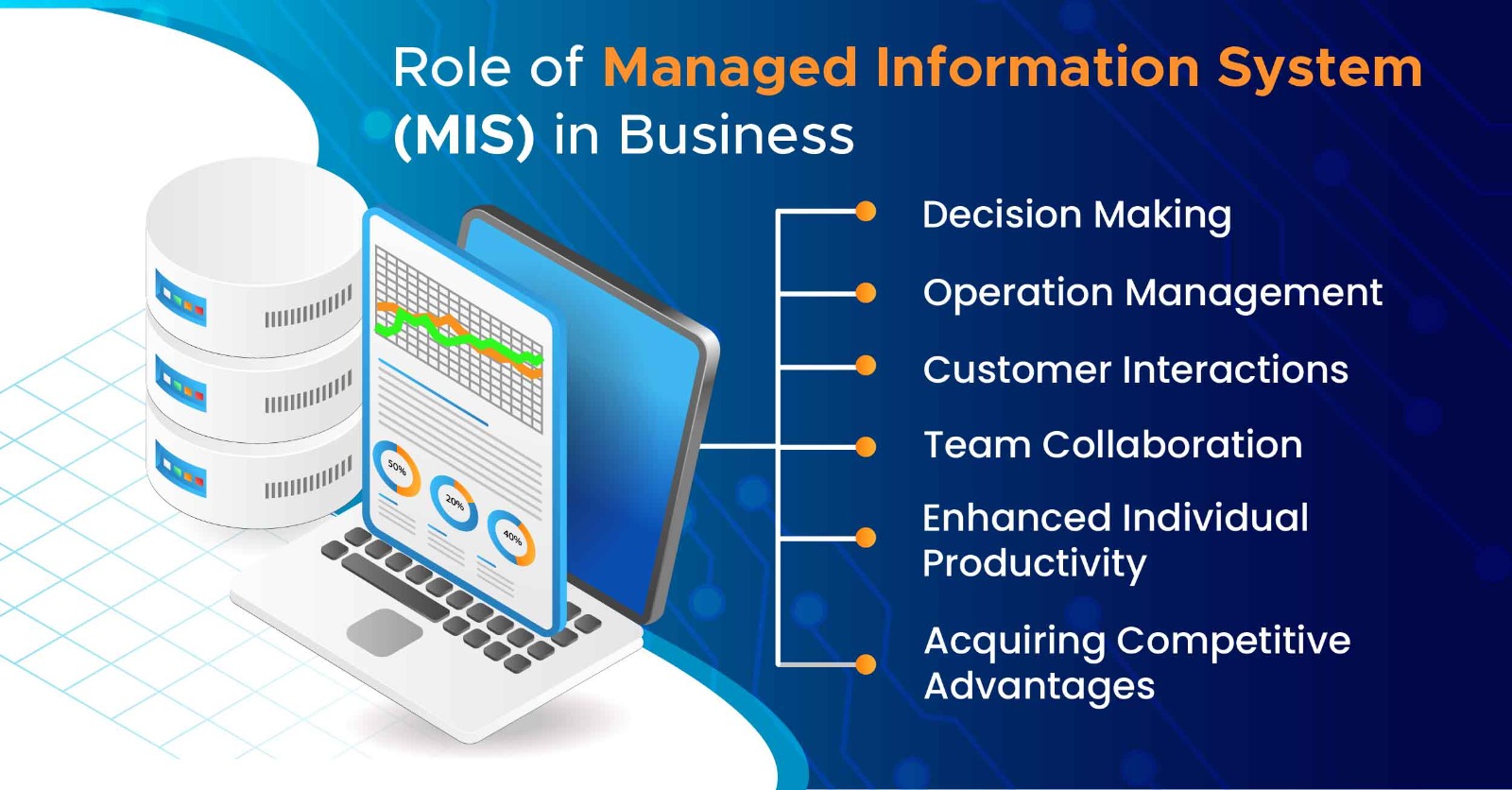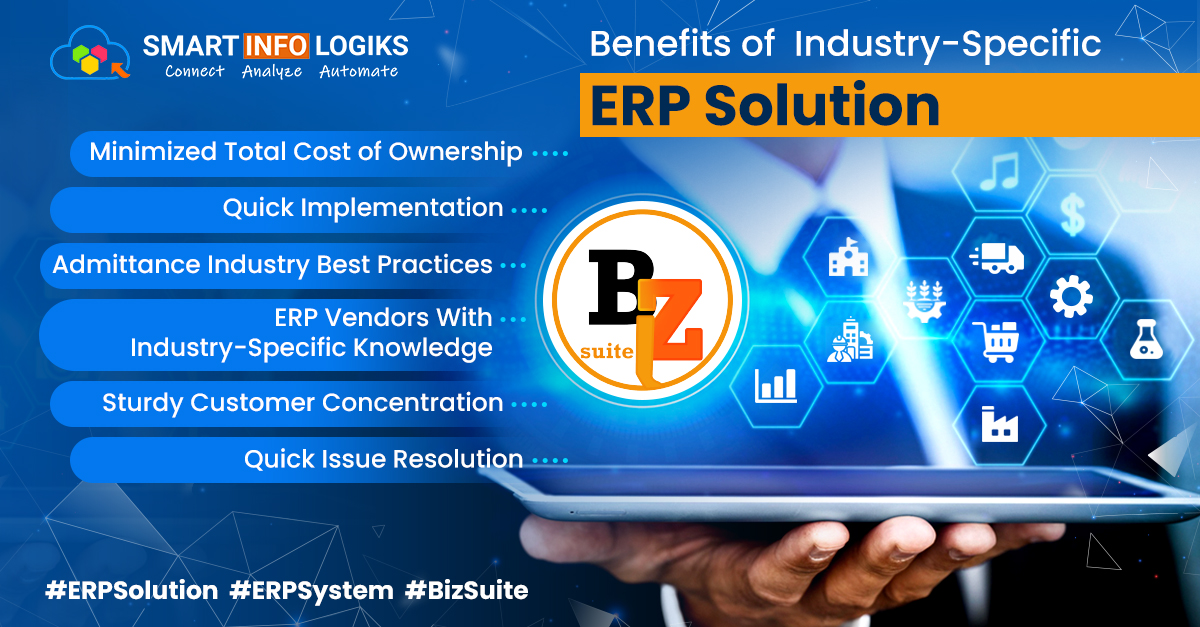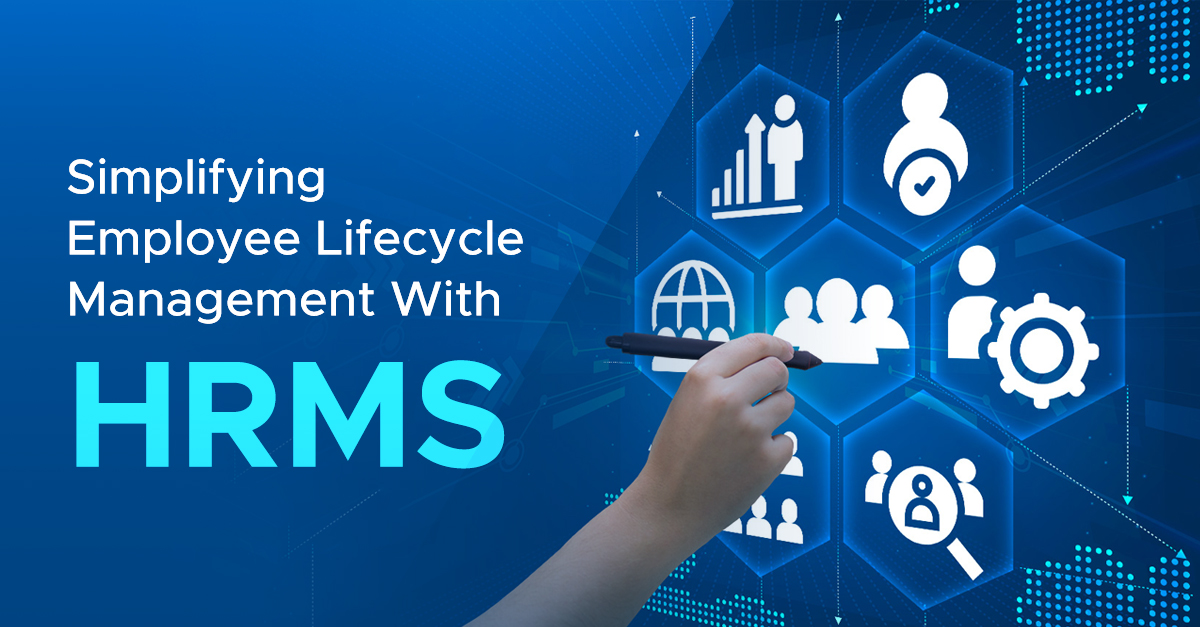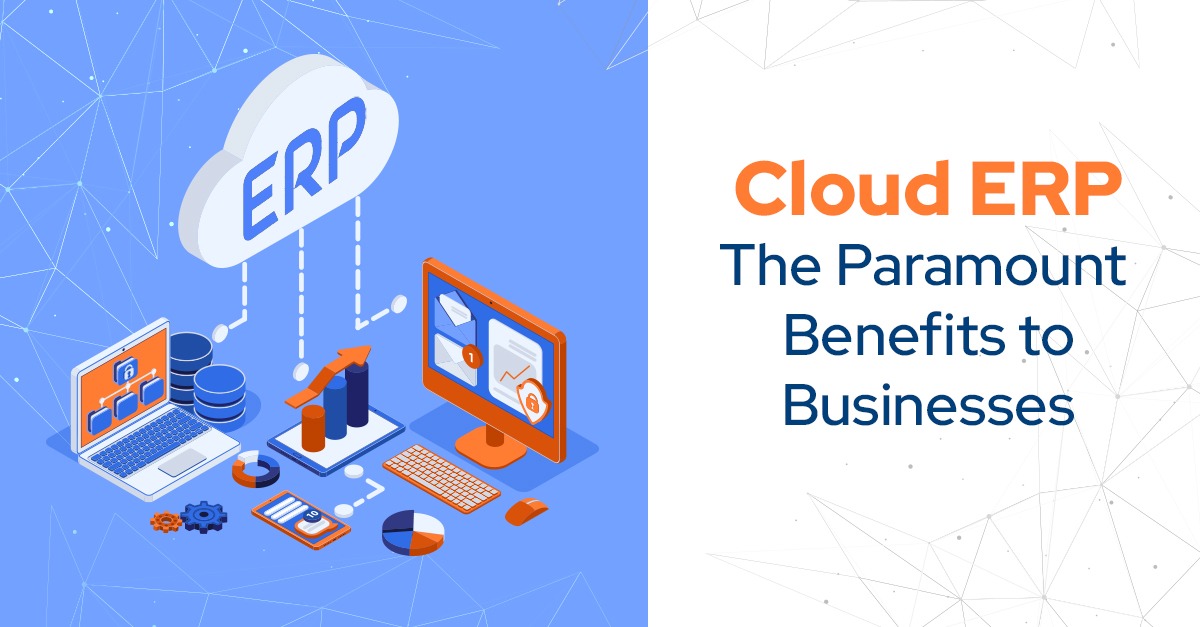
Table of Contents
Leverage lower upfront costs, quick implementation, and eliminated resource usage…
Overview
- Techjury.net states that about 70% of companies use the cloud plan to boost their budget.
- About 61% of businesses migrated their workloads to the cloud as of 2020.
- Gartner predicts that enterprise spending on cloud platforms will escalate by 14% in 2024.*
Change is the only constant- but the tempo was never this persistent as it is at present. From supply chain shortcomings and augmenting gas prices to inflation and emerging customer needs, it’s challenging for businesses to keep up the pace. Hence, businesses need to leverage smart and automated processes that can adapt perfectly. They need innovative technology in place to support novel business models. Besides, they require real-time and predictive insights to sail the ship in the apt direction.
Companies with a sound success rate always run on the same engine: a cloud ERP. This sort of software fuels superlative agility and digital transformation and provides multiple benefits to modern businesses.
The good news of all? These user-friendly and optimized technologies and automation of an advanced ERP will eliminate tiresome manual work, boost productivity, and enhance employee experiences.
What is Cloud ERP?
In general, ERP systems incorporate operations crosswise finance, inventory and order management, supply chain management, human resources, etc, leading to enhancements in business processes as about 95% of businesses use them.
Contrasting to on-premises systems, cloud-based ERP functions on cloud vendor servers are accessible over the internet. There are different versions of cloud ERP. Certain cloud vendors merely manage the same on-premises software concerning their data centre and provide it to the customers through the NET, popularly referred to as hosting.
Yet another well-known model is Software-as-a-Service (SaaS). SaaS works with a multi-tenant architecture, that is, customers are running on a similar version of the software, segregated at the database level. This leads to economies of scale as the vendor merely needs to maintain one code base and all customizations coupled with integrations perform automatically with each upgrade.
Why Businesses Should Shift From On-Premise to the Cloud ERP?
On-premises systems demand customers to maintain the servers and other hardware within their own data centre. These on-site systems continuously need an investment of hardware, software, space, and personnel to execute and keep them functioning. Updates are also a concern as many companies rely heavily upon software customizations to suffice their exceptional needs.
In a nutshell, cloud ERP solutions serve as a platter of an effective approach, enabling companies to benefit from massive computing power. Moving from on-premises to cloud ERP provides lower upfront costs, quick implementation, and lessened physical and staff resource usage. Organizations can turn more agile with cloud-based systems as they’re extremely adaptable and scalable. It also permits leaders to emphasize business growth and discover ways to develop as it unloads all work concerning bug fixes, patches, and upgrades to the vendor.
Reasons to Make a Move…
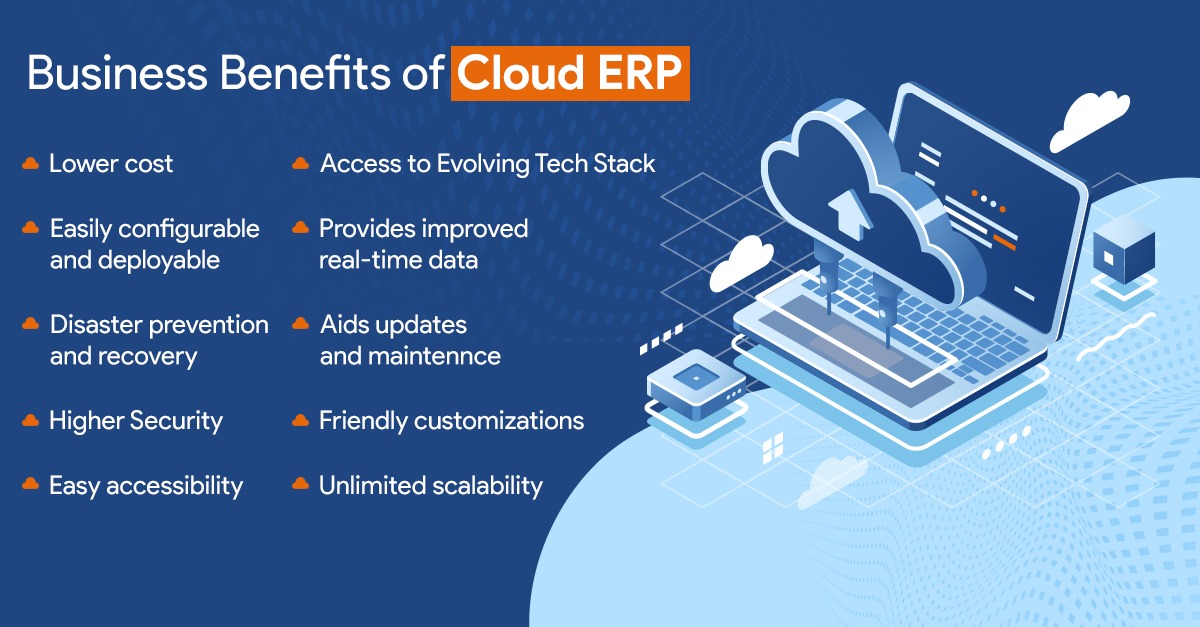
1. Economical
The costs involved in implementing cloud ERP software are essentially lower as compared to on-premises systems, and ongoing costs can be minimal. Post-deployment, the subscription costs can also be minimal when you element in maintenance and support, which is around 20% of the initial licensing costs and the maintenance costs coupled with hardware upgrade costs and the IT staff needed to maintain the same.
2. Updates and Maintenance
As the vendor is responsible for hosting and maintaining the system infrastructure, companies need not be anxious about the upgrades or maintenance of their ERP software. The providers manage the database, servers, and other infrastructure and automatically notify all about new updates or patches to all the patrons, making sure the software is secure and in compliance with the necessary rules and regulations. Also, a subscription-based service, cloud ERP vendors often offer 24*7 support to manage issues instantly.
3. Access to Evolving Tech Stack
Cloud ERP offers a swift, more budget-friendly route to benefit from these prominent tech stacks as they eliminate a lot of costs and resource-concerned hassles with AI, ML, and comprehensive analytics as well as other business intelligence tools integrated into the service. In short, companies can enjoy a host of perks this new tech stack offers devoid of any physical infrastructure, costs, or tech skill that’s a must for on-premise systems.
4. Security
The security of cloud-based software is superior to that of on-premises ERP systems. Modern cloud technology is extremely secure embedded with radical encryption, multi-factor authentication, and other key security measures developed into every system. Besides, cloud ERP servers are set in a secure, centralized facility, eliminating the risk of any physical theft. Thanks to the economies of scale, cloud ERP providers can allocate more resources to applications, databases, and physical security as compared to an individual business.
5. Implementation
Cloud solutions are easily configurable and deployable faster than on-premises systems. Because the vendor is accountable for activating the software and hardware. This significantly lessens the downtime while switching mode and enables businesses to shift quickly to cater to the emerging demand or adapt to a tremendously changing market.
6. Real-Time Data
Cloud ERP provides improved real-time data than traditional systems because of the ERP software. As the applications and information are hosted in a central cloud location, the information delivered is always updated. Eliminating the gridlocks of different software integration points diminishes the possibility of imperfect data for reporting and forecasts.
7. Friendly Customizations
Configuration of on-premises systems to meet business objectives is far more expensive and needs a huge investment of time and IT personnel resources against cloud-based ERP as everything has to be done internally.
In comparison, customizing cloud ERP solutions is an uncomplicated, less expensive phenomenon as customizations are managed on the vendor’s side. Say NO to additional hardware or software expenses, hence, companies can design a system that functions for their exceptional conditions with the least investment.
8. Streamlined Compliance
Cloud ERP vendors are very proactive about complying with state, federal, and international provisions like HIPPA, GDPR, and GAAP. These and other respective regulations are already integrated into cloud ERP software and are updated automatically to make sure that businesses always cater to or surpass compliance criteria.
9. Accessibility
Cloud ERP systems are accessible from any particular device- laptops, smartphones tablets- specifically with an internet connection and a browser, making it to probable to input, compile, and collaborate from anywhere. This enables multiple departments or business units to operate throughout the company campus or countries accessing a unified instance of the software devoid of any need for a dedicated VPN as with on-premises systems.
10. Scalability
The tremendous and unlimited scalability offered by cloud ERP systems is impossible with on-premises ERP. The flexible design of cloud solutions helps increase or decrease resource use as required, enabling the ERP to develop with the business. It expands exponentially to accommodate a gallop of new hires, the addition of another business, or the acquisition of a new product or business unit.
11. Disaster Recovery
Disaster prevention and recovery are the mainstays of a company’s technology infrastructure and systems, most businesses fail in this area and take a risk if their on-premises ERP is impacted by catastrophic data loss.
Cloud ERP services are built with disaster recovery and provide in-built disaster prevention and recovery solutions like owning copies of data stored in different geographic locations to overlook single-point-of-failure.
12. Contentment
On-premises ERP systems encounter end-of-life support dates when different component vendors discontinue software updates and patches, hardware updates and repairs, and even stop proceeding with tech support calls for those products.
Make Move to the Cloud ERP with Smartinfologiks
The right cloud ERP provider and implementation associate ensures that the switch from on-premises to cloud ERP is highly successful! Smartifnologiks has a proven track record of supporting hundreds of businesses to move to the cloud and understand the benefits of this deployment model. Smartinfologiks’ centralized and unified ERP platform enables businesses to acquire a complete overview of their organization in a single system, thereby helping them drive operational enhancements throughout finance, supply chain management, human resources, and customer management.
The outcome is more fruitful and efficient businesses that can simultaneously reduce costs and boost profitability, as the previous section demonstrates.
